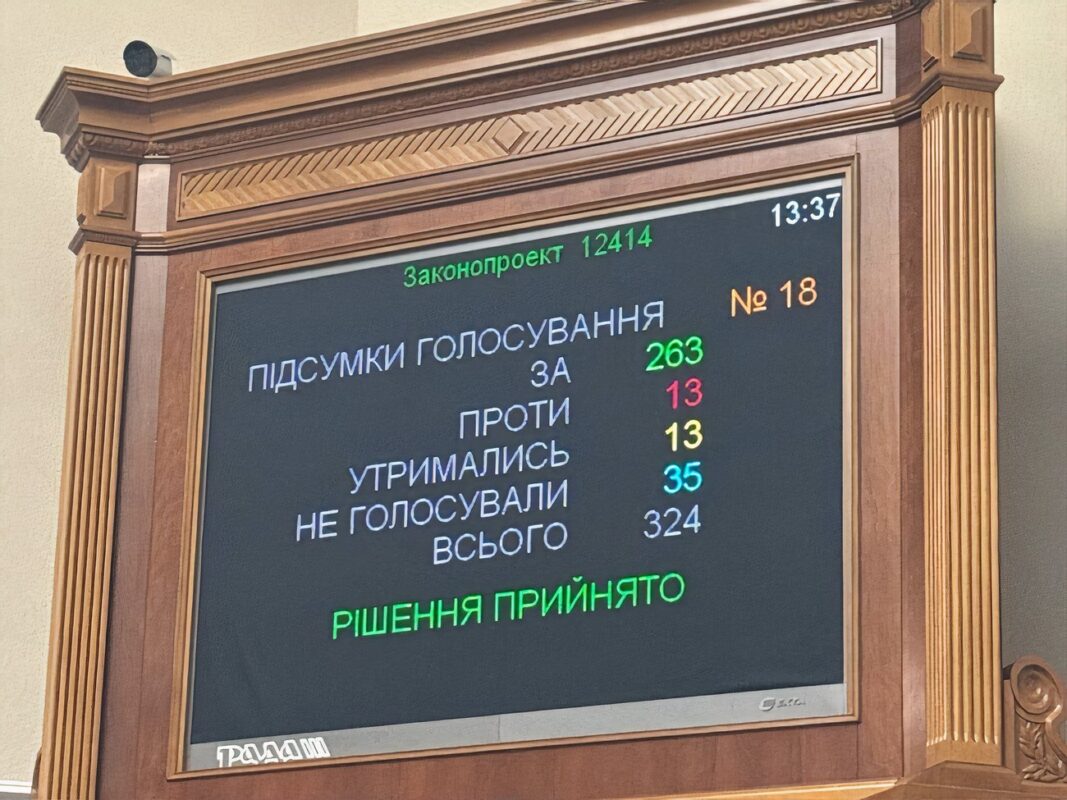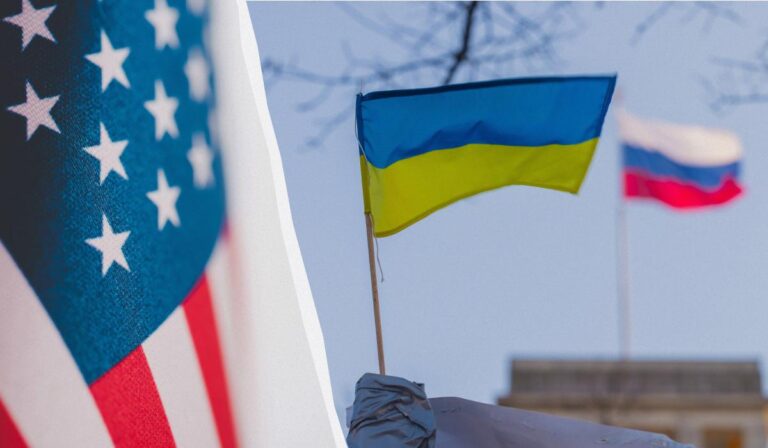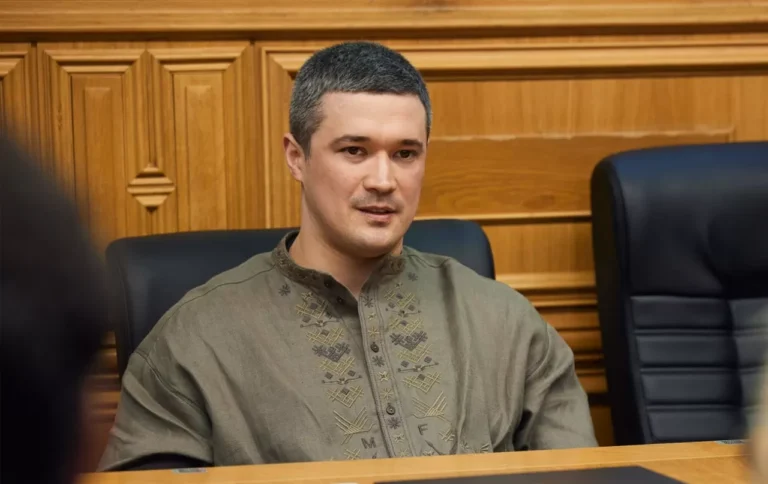
Why the independence of NABU and SAPO is under threat: what changes with Draft Law No. 12414
The Ukrainian parliament has passed Draft Law No. 12414 in its second reading, introducing amendments that radically reshape the country’s anti-corruption landscape. The core of these changes is the subordination of the National Anti-Corruption Bureau (NABU) and the Specialized Anti-Corruption Prosecutor’s Office (SAPO) to the Prosecutor General’s Office. This move, supported by 263 lawmakers, has already sparked outrage among parliamentarians, civil society, and Ukraine’s international partners.
Under the new rules, the Prosecutor General receives unprecedented powers over NABU and SAPO. The main innovations include:
- Full access to NABU investigations the Prosecutor General may obtain all case materials or grant such access to any other prosecutor.
- Right to issue binding written instructions to NABU detectives if detectives do not comply, cases may be transferred to other investigative bodies.
- Authority to change jurisdiction the Prosecutor General decides which agency investigates each case.
- Ability to close investigations at the request of the defense.
- Exclusive right to sign indictments against top officials only the Prosecutor General can now authorize such actions.
- Limiting the SAPO head’s role the SAPO head loses the right to be part of a group of prosecutors; this is now at the sole discretion of the Prosecutor General.
As NABU and SAPO stress, these changes effectively destroy the independence of both institutions, turning them into structural subdivisions of the Prosecutor General’s Office.
Official NABU and SAPO Response: “Anti-Corruption Infrastructure Is Being Destroyed”
On the day of the vote, NABU and SAPO issued a joint statement highlighting the devastating consequences for Ukraine’s anti-corruption system:
“Parliament is preparing for the second reading of Draft Law No. 12414, to which last-minute amendments have been made that effectively destroy the independence of NABU and SAPO and actually subordinate their activities to the Prosecutor General. … If this law is adopted, the SAPO Head will become a nominal figure, and NABU will lose its independence, effectively becoming a department of the Prosecutor General’s Office. Ukraine’s anti-corruption infrastructure, built since 2015, will be dismantled.”
The NABU Public Oversight Council and major NGOs (Transparency International, Anti-Corruption Action Center) echoed this warning, emphasizing the blow to public trust and the risk to international support.
Political Struggle in Parliament
During the vote, MPs from “European Solidarity” and “Holos” blocked the speaker’s podium and refused to support the amendments. Yaroslav Zhelezniak (“Holos”) stated:
“We did not vote for this disgrace. But I feel disgusted and ashamed for those in the chamber who, over six years, have degraded to this point…”
He also registered a motion to annul the vote, which temporarily blocked the law from being signed by the speaker and president.
[Source: Yaroslav Zhelezniak’s blog, Verkhovna Rada website]
International Response: EU and Western Partners Raise Alarm
The European Commission responded immediately:
“The European Union is concerned about Ukraine’s recent actions regarding its anti-corruption institutions NABU and SAPO. These institutions are key to reform in Ukraine and must act independently to effectively combat corruption and maintain public trust.”
(Guillaume Mercier, EC Spokesperson)
The Financial Times described the parliamentary decision as “a measure against independent anti-corruption bodies,” highlighting that it grants the president’s circle greater influence over investigations and endangers Ukraine’s international support.
Raids, Pressure, and Rising Tensions
Immediately after the law passed, a wave of raids targeted NABU employees across the country. NABU Director Semen Kryvonos reported:
“After the searches, non-detained detectives who had been subjected to force contacted several medical institutions and were denied or reluctantly provided medical documentation of their injuries.”
The raids were justified as part of a “special operation to neutralize Russian influence,” but civil society organizations view them as pressure on NABU and SAPO leadership following a series of high-profile cases, including investigations involving individuals close to the president.
Civil Society’s Response: “You Are Destroying the Future of Anti-Corruption Reform”
Civil society groups and the NABU Public Oversight Council called on MPs not to support the amendments:
“NABU and SAPO were established with international partners’ support as independent institutions protected from political influence and they must remain so,” their statement said.
They also highlighted that the lack of public access to the full text of the amendments poses legal and reputational risks for parliament.
What Are the Consequences for Ukraine?
- Loss of NABU and SAPO Independence: The Prosecutor General gains total control over anti-corruption investigations.
- Increased Political Pressure: Investigations into top officials may be blocked at the highest level.
- Loss of Trust from Western Partners: Ukraine’s international support and funding may be jeopardized.
- Collapse of Anti-Corruption Reform: The independent oversight model built after the Revolution of Dignity is dismantled.
Draft Law No. 12414 is not a mere technicality. It is a turning point for Ukraine’s entire anti-corruption architecture. The independence of NABU and SAPO is a pillar of the rule of law and transparency. Subordinating these bodies to political leadership risks reverting to the very practices Ukrainians have fought to overcome.
Civil society, international partners, and the professional community demand: protect the independence of anti-corruption institutions or risk losing the trust essential for Ukraine’s reforms, both domestically and abroad.














